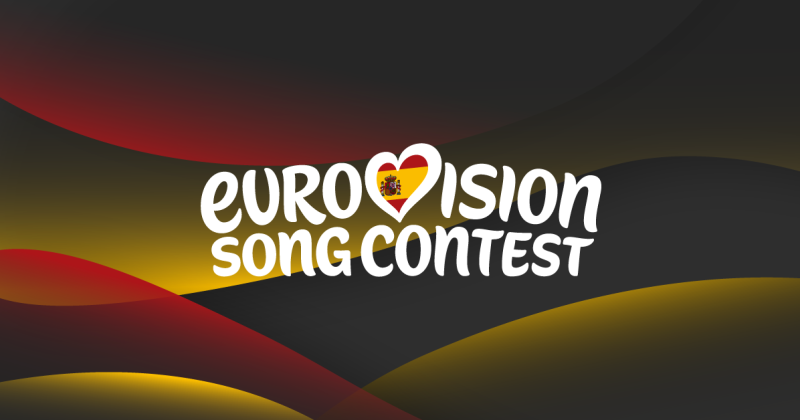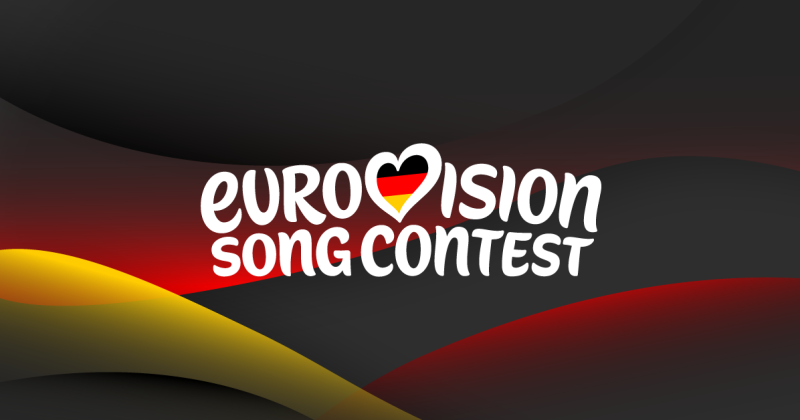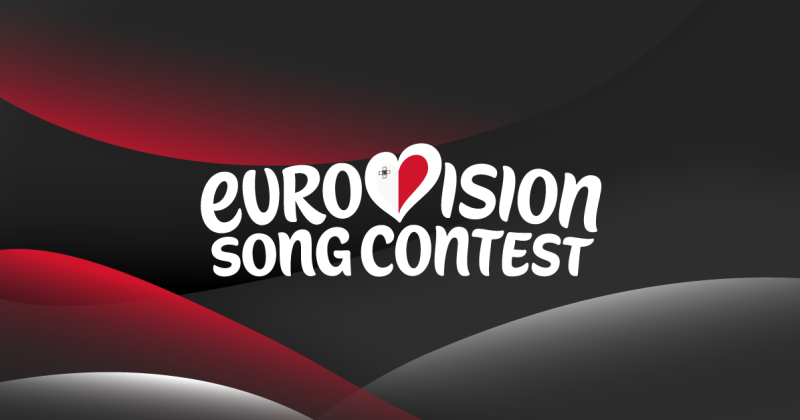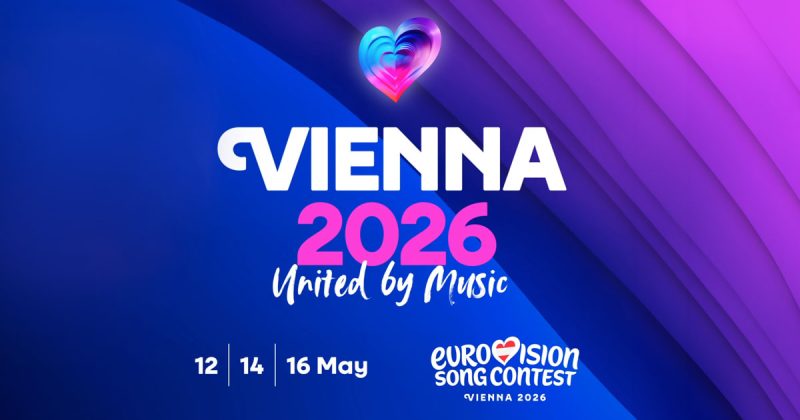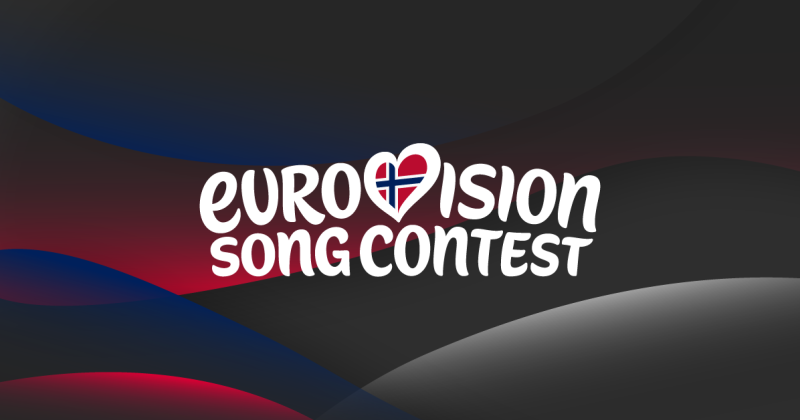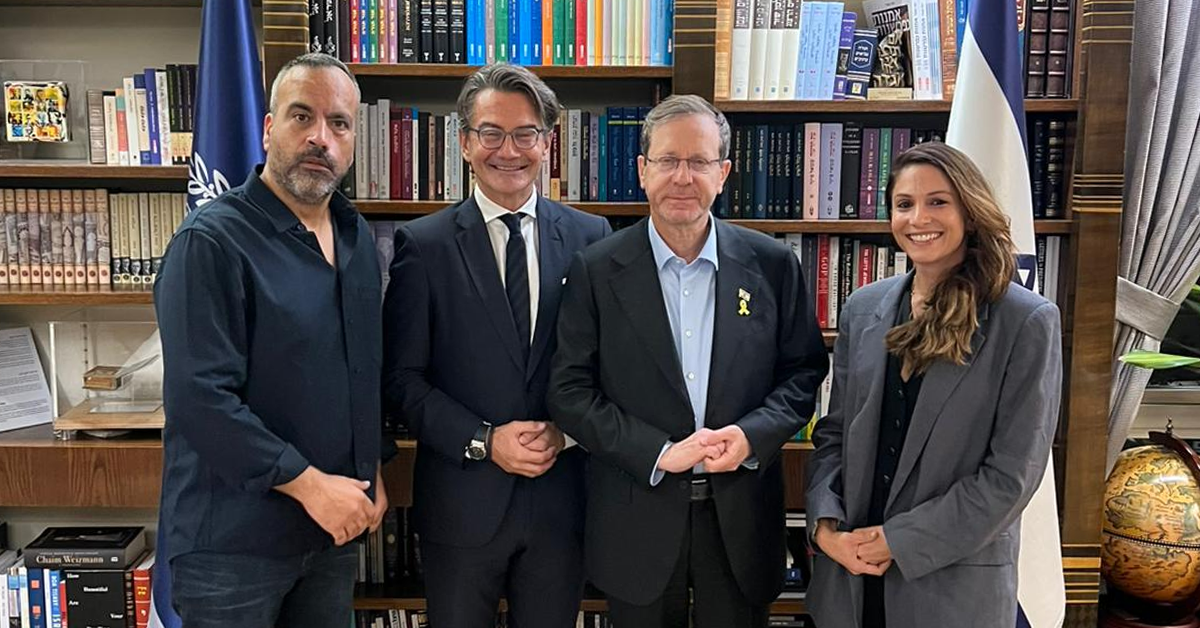
CEO of the Austrian national broadcaster ORF, Ronald Weissmann visits Jerusalem, met with President Herzog and expressed steadfast support for Israel’s participation in Eurovision amid boycott threats and upcoming EBU deliberations.
Vienna is set to host the 70th Eurovision celebration this spring, but prior to the event, diplomacy is once again in the spotlight. Austrian national broadcaster CEO Ronald Weissmann arrived in Israel not only to plan for Eurovision 2026 but also to expressly support Israel’s inclusion in the contest.
During his visit to the President’s residence in Jerusalem, Weissmann met President Isaac Herzog, broadcaster CEO Golan Yochpaz, and legal advisor Ayala Mizrahi. All attendees highlighted the importance of free expression and cultural independence for public media organizations. Yokhpaz stated, “There is no justification for excluding Israel from Eurovision”, and underlined that the national broadcaster continues to comply with EBU regulations and will persist in doing so.
Austria Stands with Israel
 During his time in Israel, Weissmann reiterated his unyielding position:
During his time in Israel, Weissmann reiterated his unyielding position:
“Eurovision will celebrate 70 years old next year, and Israel is an integral part of the contest”.
His comments come amidst mounting threats and pressure from nations like Spain, the Netherlands, Ireland, and Slovenia to withdraw if Israel participates. Austria, however, remains committed to the true spirit of the event: connecting nations through music rather than exclusion, despite the significant economic and media responsibility involved in hosting Eurovision.
Last October, Weissmann emphasized, “This is a time for diplomacy — both behind the scenes and in the open”. He explained that even if several countries choose to boycott, this is a risk that can be managed. At that time, he made ORF’s support for Israel clear, presenting the decision before the broadcaster’s board, which approved it by majority vote.
Shared Principles and Historic Ties
Weissmann’s statement in Jerusalem reflects not only a professional decision but also a deep ethical commitment. He bases his stance on the special historic connection between Israel and Austria, asserting that his support stems from a moral obligation rooted in his nation’s past. For this reason, his words resonate as a personal and not merely political call to stand with Israel.
In this sense, his visit to Israel takes on broader significance. Weissmann is not simply a foreign CEO promoting media cooperation, but a public figure making a clear stand for principles of justice, freedom, and fairness — especially at a moment when others advocate for exclusion and silence.
EBU Decision Approaches
 In less than a month, EBU member states will hold a decisive discussion on whether Israel will be officially invited to Eurovision 2026. At present, it is unclear if a formal vote will take place, particularly in light of the current ceasefire between Israel and Hamas, which may influence member nations’ positions.
In less than a month, EBU member states will hold a decisive discussion on whether Israel will be officially invited to Eurovision 2026. At present, it is unclear if a formal vote will take place, particularly in light of the current ceasefire between Israel and Hamas, which may influence member nations’ positions.
Israeli and Austrian national broadcasters ORF agree on one thing: the need to continue opposing the exclusion of Israel from the competition. Herzog himself emphasized the importance of preserving the independence of Israel’s national broadcaster as a symbol of free journalism in a democratic nation.
Israel at Eurovision 2025
“New Day Will Rise” is the song performed by Yuval Raphael, who was chosen to represent Israel after winning the 11th season of “HaKokhav HaBa”. Israel advanced to the final after winning the second semi-final with 203 points and finished second overall with 357 points in the grand final. Israel ranked first in the public vote but only 14th with the jury. This marks the third consecutive year that Israel has reached the top five – an unprecedented achievement.
Eurovision 2026: This will be Israel’s 48th participation in Eurovision. Israel joined the contest in 1973 and has won four times. Its most recent victory was at Eurovision 2018 with the song “Toy”, performed by singer Netta Barzilai.

Email: [email protected]
Phone: +972-50-9441919
Ilay Gaist is a leading Israeli content creator and writer specializing in the Eurovision Song Contest. He is a well-known commentator with extensive expertise in the contest’s history, rules, and dynamics. His passion for Eurovision drives him to deliver rich, professional, and innovative content to his audience.
Ilay holds a bachelor’s degree in Arabic and has a multilingual background. He also engages in cultural research, with a particular focus on global culinary traditions and the evolution of local cuisines around the world.

